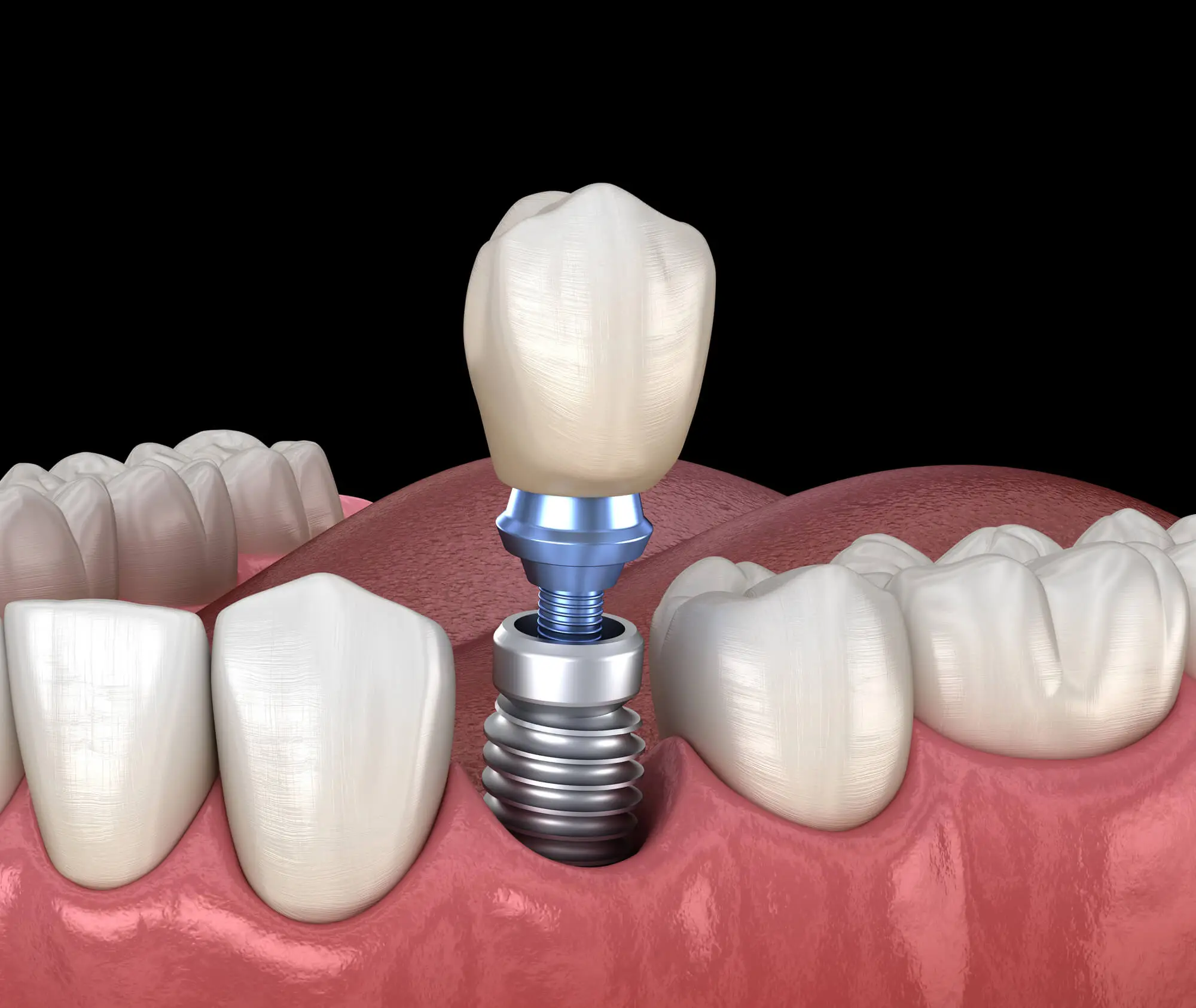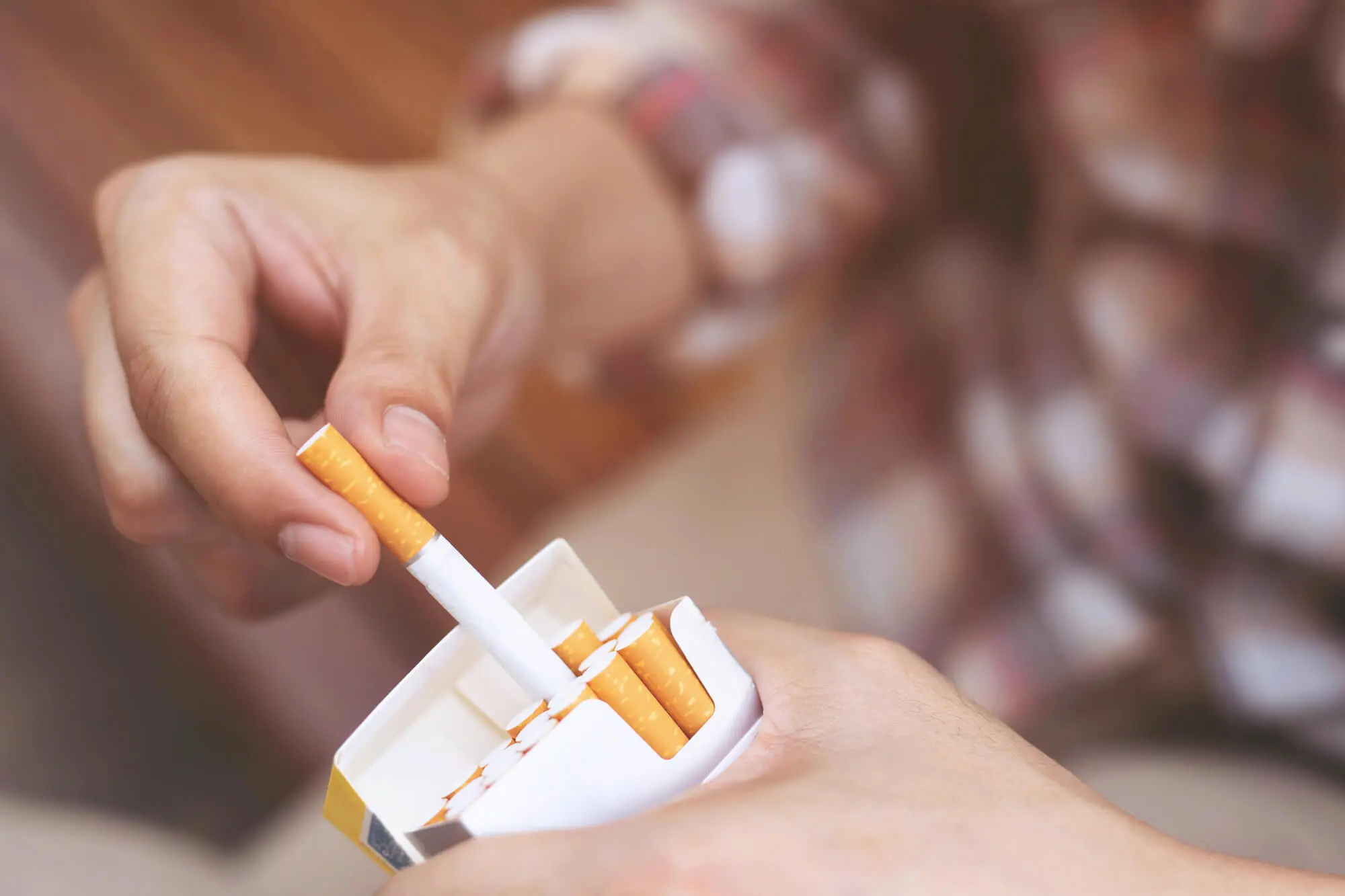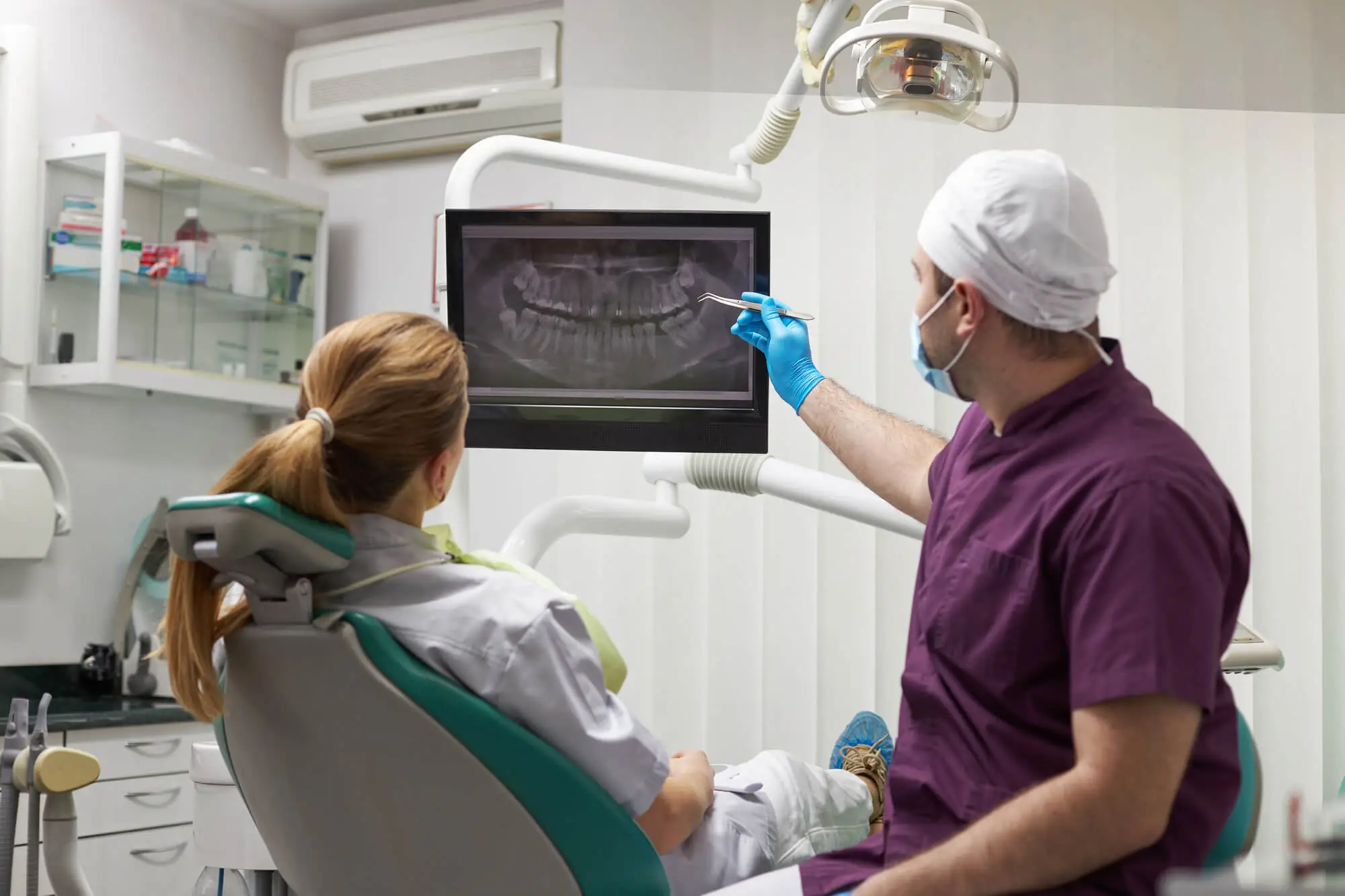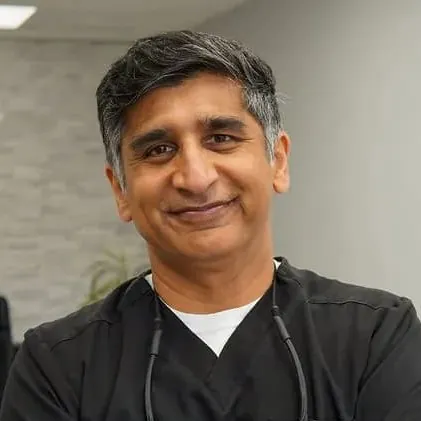Nowadays, dentistry has advanced greatly, allowing adults to maintain their natural teeth much longer, well into their elderly years. However, sudden accidents, accumulated tooth decay, or even natural aging can cause tooth loss over time. When this happens, the best action is looking for tooth replacement near you right away.
Among restorative options, dental implants are among the longest-lasting ones. They imitate the structure of a tooth by attaching a dental post to the jawbone. However, this also makes healing times longer, which limits the possibilities of getting a dental implant for smokers.

Why Smoking Can Affect Your Dental Implant Treatment
Smoking is a well-known risk factor for dental implants, which can result in several issues that could eventually cause the implant to fail.
When it comes to dental implants, osseointegration—the biological bonding of the implant to the surrounding jawbone—is crucial. This delicate process requires a healthy blood supply and a toxin-free environment. However, smoking brings in nicotine and other dangerous chemicals that narrow blood vessels, lowering the amount of oxygen that reaches the tissues.
This can significantly impede the osseointegration process.
According to studies, smokers have much higher rates of implant failure, as well as higher risks of postoperative infections and marginal bone loss. After examining over 147,000 dental implants, it was concluded that smokers are more than twice as likely as non-smokers to experience implant failure, among other complications.
Furthermore, smokers typically suffer from increased bone loss surrounding the implant, which not only causes implant loss but also affects their chances of getting a new restoration afterward.
The Effects of Smoking on Implant Healing
One of the biggest risks of smoking associated with implants is that this practice affects the natural healing process of your body, which can raise the risk of infection in the implant. This happens due to three main reasons:
- Decreased Blood Flow: Smoking narrows blood vessels, reducing blood flow to the jawbone and gums. This essential blood supply carries the oxygen and nutrients required for the implant's healing and bone growth. When blood flow is impaired, the healing process slows down.
- Increased Infection Risk: Smoking impairs immunity, increasing the risk of infections near the implant site. These infections may cause harm to the soft tissues and bone that support the implant, which could result in implant failure.
- Dry Mouth: Smoking causes the salivary glands to malfunction, which results in dry mouth. Saliva is essential for maintaining oral hygiene and battling bacteria. Without it, tooth decay and gum disease can be exacerbated.
When Can I Smoke After Dental Implant Placement?
As you can see, smoking primarily affects the body’s natural healing process, which is why patients often ask, “How soon can I smoke after a dental implant?”
Smoking should be completely avoided during the first healing phase. The first two to three months following implant surgery are crucial, according to most experts, as this is when your body is putting in the most effort to create a solid bond between the implant and your bone. So, avoiding smoking during this time is key. Even mild smoking can cause considerable damage.
Nevertheless, the precise timing may differ depending on your recovery and the advice of your dentist.

How Smoking Impacts Your Overall Oral Health
Besides impacting your implant’s healing process, smoking has a profound and detrimental impact on oral health, affecting both the aesthetics and functionality of the mouth.
This practice can compromise your oral health by:
- Increased Risk of Gum Disease: Smoking weakens the immune system, making it harder to fight infections, including periodontal (gum) disease. It also reduces blood flow to the gums, masking early signs of this disease like bleeding and inflammation, and hampering healing after treatment.
- Tooth Discoloration and Bad Breath: Tar and nicotine from tobacco stain teeth, leading to yellow or brown discoloration. Smoking also dries the mouth and encourages the growth of bacteria that cause bad breath.
- Oral Cancer: Tobacco use is a major risk factor for oral cancers, including cancers of the lips, tongue, cheeks, and throat. Smokers are several times more likely to develop oral cancer than non-smokers.
- Increases Plaque Buildup: Smoking significantly increases plaque buildup on teeth because it encourages the proliferation of harmful bacteria in the mouth, particularly those involved in the formation of dental plaque and tartar.
- Reduces Saliva Flow: Saliva helps wash away food particles and neutralize acids. Smoking decreases saliva production, creating a dry environment where plaque accumulates more easily.
- Bone and Tooth Loss: Smoking can lead to bone loss in the jaw, which can ultimately result in tooth loss. The risk increases with the duration and intensity of the habit.
As you can see, even after the implant has healed completely, smoking can increase the risk of complications like plaque accumulation and gum disease around the site, eventually leading to failure. For that reason, quitting or significantly reducing tobacco use remains the best choice for long-term success.
Can You Still Get Implants if You Smoke?
While smoking severely reduces your chances of getting an implant, if you’re committed to the treatment, there are certain things you can do to improve your outcome. Some tips for smokers wanting to explore implant dentistry include:
- Speak with Your Dentist: Talk with your dentist about your smoking habits and how they affect the success of your implants.
- Think About Giving up Smoking: The best thing you can do to enhance your general health and raise your chances of having an implant is to give up smoking. Nowadays, there’s a wider variety of resources to help you quit these harmful habits, from support groups to smoking cessation drugs. If you’re already stopping for two months to let the implants heal, why not give these a try and abandon cigarettes completely?
- Practice Good Oral Hygiene: Thorough brushing and flossing are essential for preventing gum disease and accelerating the healing process following implant surgery.

Learn More About Options for Tooth Replacement Near You
Several studies have explored the negative link between smoking habits and implant failure rates. While heavy smokers have a much higher risk of implant failure, even light smoking after getting a dental implant can lead to complications.
Even if you’re a smoker, it doesn’t necessarily mean you can’t get dental implants. However, it’s essential to be aware of the risks and take steps to mitigate them. If you’d like to explore your available options, 3020 Dental Implants is here for you. Contact us today to schedule an appointment!


